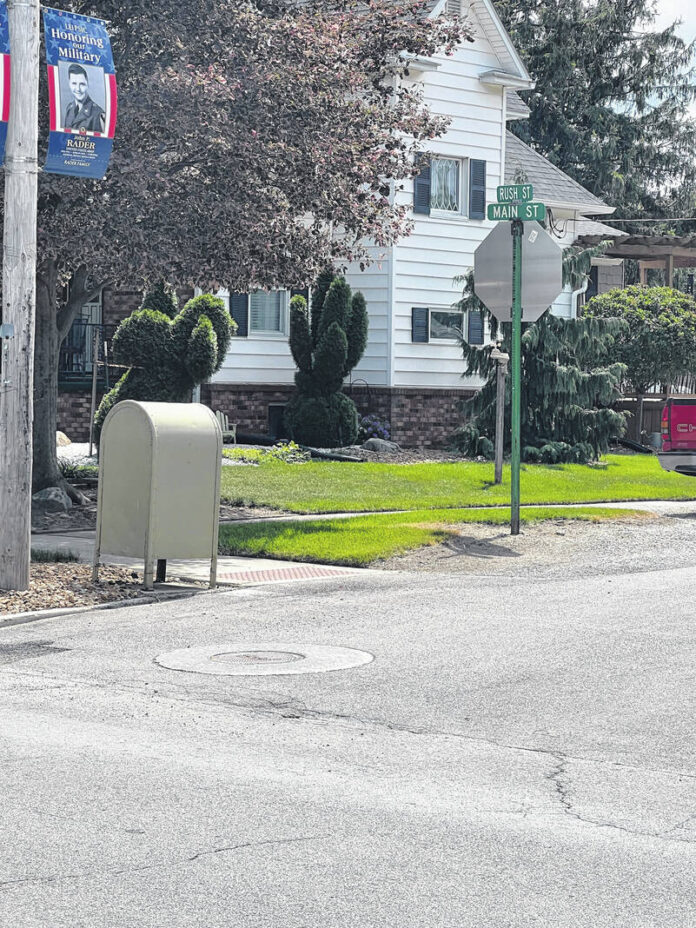I am honored to be relocating my residence to the house “in town” to which my grandparents moved when my grandparents “retired” from farming 30 years ago.
The house is small and needs repairs, but it is filled with nostalgia for me, especially as to my grandpa with whom my siblings and cousins were particularly close.
Although my grandpa was a township trustee and successful farmer and business owner, my grandpa had only an eighth-grade education. For all practical purposes, especially later in life when I knew him, my grandfather was illiterate. On the infrequent occasion of eating out, my grandpa always had someone else read him the menu. When he signed contracts and other paperwork, my grandpa always asked someone else to explain the relevant document to him.
In moving to my new house, I am now daily reminded of the most vivid token of my grandpa’s illiteracy: his inability to read street signs. My grandpa told me that when he moved to town, he remembered the street upon which his house was located because the street’s corner adjacent to Main Street hosted a U.S. Postal Service public mailbox.
For people who are illiterate or blind, it can be difficult to function in our society. The difficulty is amplified when it comes to written documents like contracts. The law imposes a duty on anyone who signs a document to read and understand that document.
Overall, poor readers are legally treated like good readers for purposes of reading and understanding contracts. However, those who are illiterate and perhaps only recognize a few words at most are treated like the blind. If a person literally cannot see or understand a written document at all, the applicable law is different.
First, the illiterate and blind are generally, legally expected to know that they cannot read or see. Thus, before signing a contract an illiterate or blind person is charged with the responsibility of finding someone to read and explain the contract.
Sometimes, there is no independent, neutral third-party around to explain contracts to the blind or illiterate. Generally, one party to a written contract is not required to explain that contract to the other party. This lack of requirement to explain a contract also applies if the other party is blind or illiterate.
Nevertheless, sometimes the people who want to enter into written contracts with illiterate or blind people are the only people available to explain the contracts. In these circumstances, if a party to a contract takes on the job of explaining the contract to the other party who is known to be illiterate or blind, the explaining party must explain the contract accurately and completely in regard to all material/substantive terms.
I do not discount the irony of writing a written column about and for the benefit of illiterate and blind people. If you know someone who cannot see or read, please read this column to them and remind them to ask for explanations before signing their names to any written documents.
Lee R. Schroeder is an Ohio licensed attorney at Schroeder Law LLC in Putnam County. He limits his practice to business, real estate, estate planning and agriculture issues in northwest Ohio. He can be reached at [email protected] or at 419-659-2058. This article is not intended to serve as legal advice, and specific advice should be sought from the licensed attorney of your choice based upon the specific facts and circumstances that you face.







